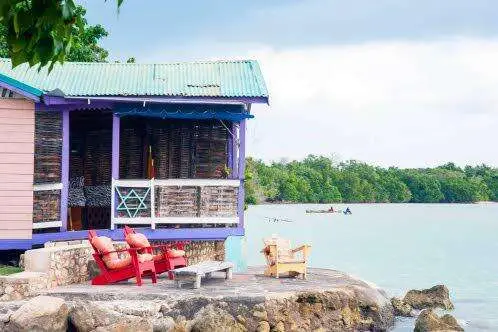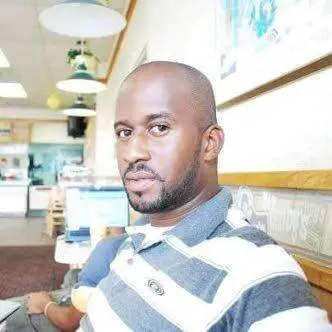
Association proposed for Airbnb operators
FINAL year law student at the University of Technology Jamaica, Kurt Patterson plans on establishing an association to represent local air bed and breakfast (Airbnb) operators by January.
Patterson is one of the growing number of Jamaicans using the international online marketplace and hospitality service, Airbnb, to earn foreign exchange. Today, Airbnb lists hundreds of bed and breakfast-type accommodation in private residences across the island for tourists visiting Jamaica who don’t wish to stay at traditional hotels — with prices ranging from US$18 to US$2,875 per night.
The young entrepreneur reckons that the establishment of Jamaica Airbnb Community Association will not only uphold the country’s reputation as a good tourist destination, but will also give a voice to operators seeking redress.
“While Airbnb provides insurance, we are not certain how much that insurance covers and what is applicable to us. A homeowner may have a situation where one of the guests damages the property and there is no mechanism in place to track the person. The only information you have is what you got from somebody online,” he told the Jamaica Observer.
“One would expect that a hotel, which is a larger entity, has greater means to manage their risks than a private man renting a space in his yard. But if you are not able to properly manage your risks, you are very exposed to damage — persons living without paying the rent and so on.”
Patterson also pointed to the need for a code of conduct for Airbnb operators, bringing greater order and standard to a product that has strong earning potential for Jamaicans as well as the Government from taxation.
“For instance, whenever I have a guest, I take information about health conditions, medications and emergency next of kin. But I don’t believe everybody collects that kind of data. Listing your accommodation is a big thing and I, like everybody, is looking for a way to improve and transform Jamaica, and we can get it done through tourism,” he reasoned.
Earlier this year, the World Bank warned that Jamaica, among other Caribbean countries, is lagging in tourism competitiveness behind other regions in the world. The bank named the country’s largest earner of foreign exchange as one of the long-term risks and vulnerabilities that Jamaica faces, in addition to its legacy of high debt, policy uncertainty, and recent flooding.
According to lead economist at the World Bank, Philip Schuler, the Caribbean’s tourism model has shown trends of decline in competitiveness, with countries in south Asia, east Asia and sub-Saharan Africa expected to grow at faster annual rates in tourism and investment than the 3.6 per cent growth rate Caribbean countries will see over the next 10 years.
“Essentially, the model of tourism in the Caribbean and Jamaica is one that is very much focused on enclave, all-inclusive beach resorts, and that is not a fast-growing segment of the world tourism market,” Schuler said.
He reckons that Jamaica and other Caribbean islands could increase visitor arrivals with the introduction of more ecotourism, cultural tourism and farm tourism; products that people feel bring a much more authentic experience and are willing to “shell out” a lot more money for.
“The generation that’s getting older and travelling less like cruise and all-inlcusive resorts. The younger generation — the millennials — are looking for more authentic experiences. Learn how to cook Jamaican food as well as going to the beach,” Schuler said, adding that more tourists are now making visiting arrangements on their own with the introduction of Airbnb and TripAdvisor.
It’s on that basis that Patterson is pushing for further financing of the industry to encourage the ordinary Jamaican wanting to capitalise on the shift in vacation destinations. He is also hoping to partner with the Government on a certification programme for Airbnb operators.
“I believe if we have financing, Jamaica could double its foreign exchange earnings and government revenue will also go up from more people operating businesses,” Patterson told the Caribbean Business Report.
Financing has already started with Airbnb pumping $8.3 million into the UNWTO-Sustainable Tourism Development Conference in November. The conference will ensure financial and other support of Jamaica’s tourism product going forward.
Airbnb, which does not own any lodgings, simply brokers and receives percentage service fees from both guests and hosts with every booking. The company has more than three million lodging listings in 65,000 cities and 191 countries registered with it.

























